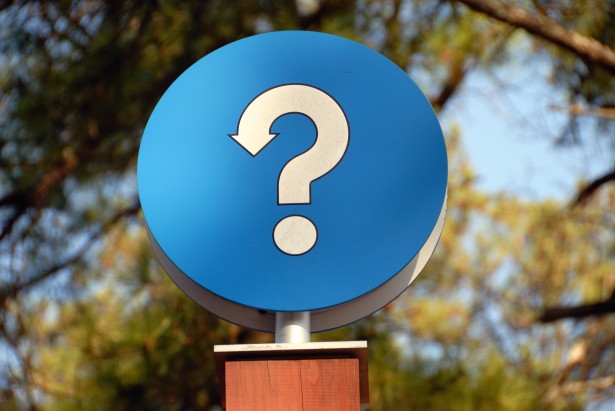A great leadership book on reading like the top leaders of
our day, entitled Turn the Page, teaches
about the power of arguing with the author of the book you’re reading. Needless
to say, I have had a couple run ins with Montesquieu.
When I first read his Spirit
of the Laws I was surprised by his thoughts about the impact of the climate
of a nation. He said that tropical climates which require little work to obtain
the necessities of life tend to raise people who are weaker, less moral, and
generally less free. Montesquieu broke down the history of these nations and
showed they would often be conquered by more hardy northern nations who had all
the seasons. These northern people had to struggle to live, they had to store
up and think more long-term. The Carthaginians were conquered by the Romans,
and the Romans defeated by the Gauls. Or—in a modern example—the northeastern
Ivy League schools tend to be more scholarly, while the Arizonian or southern
Californian schools are considered the nation’s party schools.
The book gives great historical examples and case studies
for this common thread. I thought it was pretty funny at first. I didn’t take
him seriously in the least and often joked about it with some of my peers and
students I was mentoring at the time.
I was left wondering why brilliant Montesquieu would say
this. I kept asking, “What am I missing? What am I not seeing here?” So I’d
laugh and wonder at the oddity of climate influencing freedom.
My reconciliation came slowly, with much more reading and
discussion. But I’ve come to understand that he’s onto something here. He’s not
saying that you can’t have freedom if your life isn’t really really hard in order to survive—because
there are ample cases to the contrary. But climate does matter. We see this
dynamic between the islanders of the Pacific being very communal, relaxed, and
peaceful as tribes, as opposed to the conquering Vikings far to the north who
lived much by a survival of the fittest type of culture, even within in their
own society. Climate absolutely has great effect on people—both societal and
familial.
Summer naturally drives family outdoors to work, play, and
build. Fall naturally inspires preparation, harvest, and gathering for feasts.
Winter naturally tends toward rest, family stories, and study. And spring
naturally produces unrest, new birth, and new energy. It’s different if you
only have summer and spring, or fall and winter. You must make adjustments,
checks, and balances to hedge against the weaknesses of each season and exploit
their strengths.
This is simply another piece of the freedom puzzle, just as
Montesquieu argues that for a Republic to be successful it must be based on the
principles of public virtue. Looking closer at the founding of the United
States—and a similar thing will be found in the founding of any great and free
people—the effects of their climate, their natural resources, and their
position in the world, geographically as well as politically, important. In
order to establish a successful new nation, or a new business, a new family, a
new move, a new phase in life, these things should be considered.
Do we too seldom notice the power and influence of our
environment? The culture of the society you’re in, the temperament of the
climate around you, the type of soil you reside on, the neighboring military powers,
the business competition down the road, the addictions one is faced with, the
customs and manners of a region or society, etc. etc. etc. Understanding the
environment is a powerful tool in finding the right answers to make anything a
success.
So, how does your
climate affect you, your family, and your government?

No comments:
Post a Comment